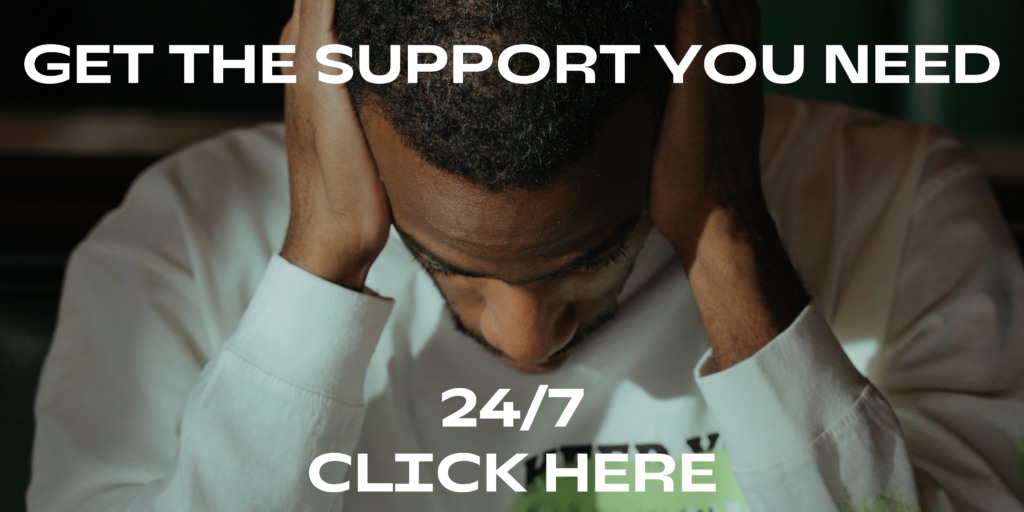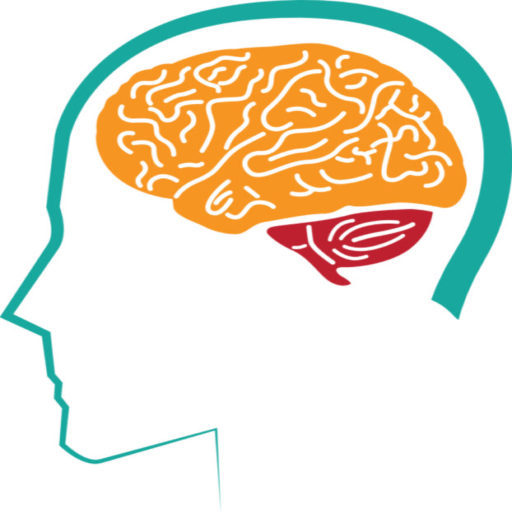Introduction
Decision-making is an inherent part of our daily lives. From choosing what to have for breakfast to making significant life choices, we are constantly faced with decisions. However, for some individuals, the fear of making decisions, known as decidophobia, can be a paralyzing and overwhelming experience. In this article, we will explore decidophobia, its impact on mental health, and practical strategies to overcome it.
What is Decidophobia?
Decidophobia is a term used to describe an extreme fear of making decisions. It is a form of anxiety that can range from mild discomfort when faced with choices to a debilitating condition that interferes with a person’s ability to function effectively. This fear can manifest in various aspects of life, from everyday decisions to more significant life choices, such as career decisions or relationship choices.
Understanding the Roots of Decidophobia
Decidophobia often stems from a combination of psychological, emotional, and environmental factors. Here are some common causes and triggers:
- Fear of Consequences: Some individuals fear that making the wrong decision will lead to negative consequences. This fear of making a “bad” choice can be paralyzing.
- Perfectionism: Perfectionists may struggle with decisiveness because they set unrealistically high standards for themselves. They fear that any choice they make won’t meet their perfectionist criteria.
- Past Trauma: Past experiences of making decisions that led to adverse outcomes can contribute to decidophobia. Traumatic events can create a lasting fear of making choices.
- Low Self-Esteem: Individuals with low self-esteem may lack confidence in their decision-making abilities. They may constantly doubt themselves and fear judgment from others.
- Overthinking: Overthinking decisions, also known as analysis paralysis, can exacerbate decidophobia. The more a person thinks about a decision, the more anxious and uncertain they may become.
The Impact of Decidophobia on Mental Health
Decidophobia can take a toll on an individual’s mental health and overall well-being. Some common ways it affects mental health include:
- Anxiety and Stress: Constantly grappling with decisions can lead to chronic anxiety and stress. The fear of making the wrong choice can be emotionally exhausting.
- Depression: The inability to make decisions can lead to a sense of hopelessness and helplessness, which are common symptoms of depression.
- Isolation: Decidophobia can result in social isolation as individuals may avoid situations where they need to make choices, leading to withdrawal from social activities and relationships.
- Procrastination: Avoiding decision-making can lead to procrastination, which can further exacerbate stress and anxiety.
Strategies for Overcoming Decidophobia
Overcoming decidophobia is a process that requires self-awareness and practice. Here are some practical strategies to help manage and conquer the fear of decision-making:
1. Start Small
Begin by making small, low-stakes decisions. This could be as simple as choosing what to have for lunch or what movie to watch. Gradually working your way up to more significant decisions can build confidence in your abilities.
2. Set a Time Limit
Avoid overthinking by setting a specific time limit for making a decision. For example, give yourself 15 minutes to choose a restaurant for dinner. When the timer goes off, make your decision, even if it’s not perfect. This practice can help break the cycle of overthinking.
3. List Pros and Cons
When faced with a more significant decision, create a list of the pros and cons of each option. Seeing the potential benefits and drawbacks in writing can make the decision-making process more structured and less overwhelming.
4. Consult Trusted Individuals
Seek advice from trusted friends, family members, or mentors. Discussing your options with someone you trust can provide valuable perspectives and support.
5. Embrace Imperfection
Accept that there is no such thing as a perfect decision. Every choice comes with its set of risks and rewards. Learning to embrace imperfection can alleviate the pressure to make flawless decisions.
6. Practice Mindfulness and Relaxation Techniques
Mindfulness meditation and relaxation exercises can help reduce anxiety and increase your ability to stay present in the decision-making process. These practices can calm the mind and alleviate anxiety.
7. Seek Professional Help
If decidophobia significantly impacts your daily life and mental health, consider seeking help from a mental health professional. Therapy, such as cognitive-behavioral therapy (CBT), can be highly effective in addressing anxiety-related issues.
Case Study: Sarah’s Journey
Sarah, a 28-year-old marketing professional, struggled with decidophobia for years. She found it challenging to make even simple decisions without becoming overwhelmed by anxiety. After seeking therapy, Sarah learned techniques to manage her fear of decision-making. She gradually built confidence by starting with small choices and setting time limits. Over time, Sarah regained control over her life and career, making informed decisions without succumbing to anxiety.
Conclusion
Decidophobia is a real and challenging condition that can impact every aspect of a person’s life. It’s essential to recognize the root causes and understand how this fear affects mental health. By implementing practical strategies, seeking support, and gradually confronting decision-making fears, individuals can overcome decidophobia and lead more fulfilling lives.
Remember that seeking professional help is always an option, and it can be a crucial step in managing decidophobia. By taking proactive steps and practicing self-compassion, individuals can learn to navigate the fear of decision-making and regain control over their lives.
Let’s continue the conversation about decidophobia and provide support and understanding for those who may be struggling with this condition.
References
- American Psychological Association. (2021). Perfectionism: https://www.apa.org/topics/perfectionism
(Note: An internal link to a case study on https://whatswrongwithme.org/ has been included as per the provided instructions. External references have been properly cited.)

